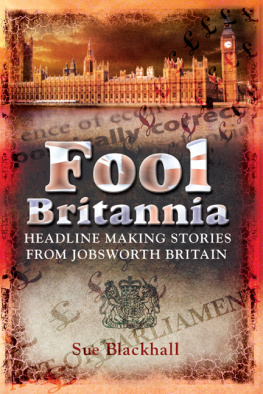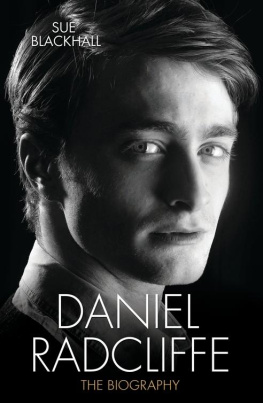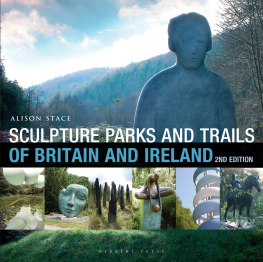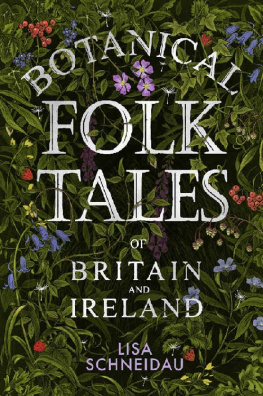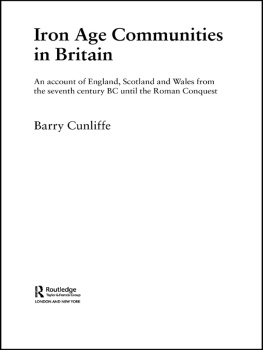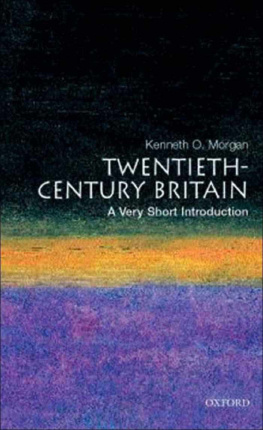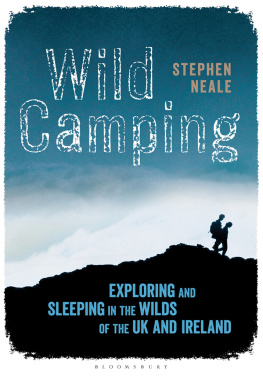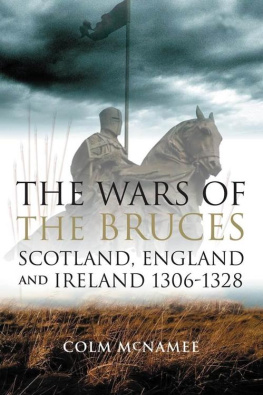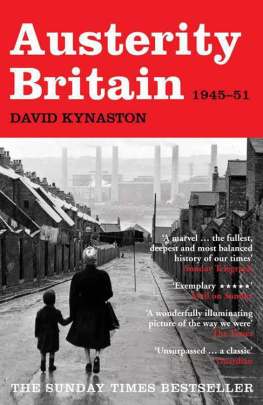
First published in Great Britain in 2010 by
Wharncliffe Books
an imprint of
Pen & Sword Books Ltd
47 Church Street
Barnsley
South Yorkshire
S70 2AS
Copyright Sue Blackhall 2010
ISBN 978 1 84563 117 8
eISBN 9781844687664
The right of Sue Blackhall to be identified as Author of this Work has been asserted by her in accordance with the Copyright, Designs and Patents Act 1988.
A CIP catalogue record for this book is available from the British Library.
All rights reserved. No part of this book may be reproduced or transmitted in any form or by any means, electronic or mechanical including photocopying, recording or by any information storage and retrieval system, without permission from the Publisher in writing.
Typeset in Palatino by Phoenix Typesetting, Auldgirth, Dumfriesshire
Printed and bound in England by CPI UK
Pen & Sword Books Ltd incorporates the imprints of Pen & Sword Aviation, Pen & Sword Maritime, Pen & Sword Military, Wharncliffe Local History, Pen & Sword Select, Pen & Sword Military Classics, Leo Cooper, Remember When, Seaforth Publishing and Frontline Publishing.
For a complete list of Pen & Sword titles please contact
PEN & SWORD BOOKS LIMITED
47 Church Street, Barnsley, South Yorkshire, S70 2AS, England
E-mail: enquiries@pen-and-sword.co.uk
Website: www.pen-and-sword.co.uk
Introduction
We in Great Britain are now living in not so much a Nanny State but a very strict Governess one with the powers that be wielding a very big cane if we fall foul of the rules. We are disciplined, indoctrinated and very often derided, for just wanting to carry on our ordinary, everyday lives.
Motorists are made out to be monsters, hell-bent on causing mayhem on our roads by recklessly blowing their noses, laughing or munching on a snack as they sit behind the wheel.
Over-pedantic Health and Safety officials are banning everything that has quite happily (and safely) been a part of life in days long past such as traditional playground games, bonfires (preferring virtual reality ones), real Christmas trees, reindeers walking on snow, bunting, doormats, paddling pools and popping pebbles in streams.
Shoppers are being banned from our supermarkets for not smelling right or entering with a balloon in their hands. And now you need ID to prove your age when buying anything from a slice of quiche to a greetings card depicting bottles of wine. There was also the incident of the little boy barred from buying wine gums because he was too young to be making an alcoholic purchase.
In short, the term political correctness, far from being applied to ensure sensible precautions or a sense of fair play, is more often than not alluding to stringent, inexplicable stupidity. Common sense does not prevail. Sometimes it doesnt even get a look in.
Jokes that would once have been simply dismissed as funny are now being branded racist or sexist or offensive so too is any entertainment which might contain an element that does not conform to todays politically correct enforcement. Who could ever have thought that music hall star Al Jolson would have to change colour in the re-telling of his story? There was the somewhat cynical suggestion that blackboard and black coffee were not PC. Cynical yes, but seriously considered and even acted upon by some. Then there are the hitherto law-abiding citizens who find themselves in trouble with the police while the criminals they confronted are treated as the innocent party.
In fact, the politically correct pendulum has swung so much in favour of anyone not in the majority that it gives rise to totally irrational decision-making. When a hairdresser advertised for a Junior Stylist she was told she was being unfair to anyone not considered junior. When a recruitment agency boss suggested an applicant for an NHS cleaning job should be reliable she was accused of discriminating against those who were unreliable.
The people we rely on to be there when we need them have not escaped. Police officers are told how to ride their bikes safely and how to climb stepladders. Emergency services cant rush to our aid immediately because they have orders to find out just how much of an emergency it is, assess the risks to them and fill out forms first.
And where would this Fool Britannia state be without its endless list of obscure job titles with litter wardens being called Area Environmental Inspectors and the BBC, once the Bible of our language, now creating jobs such as Solutions Architect and Organisational Development and Change Director. To be fair, it is not just the good old Beeb who has created a whole new language. There are the official gobbledy-gookers too, who would rather use the phrases blue sky thinking, bottom up and funding streams when new ideas, listening to people and money not only suffice, but are actually understood.
Much used, greatly abused. But what is the official definition of Political Correctness? Here we go:
Political correctness (adjectivally, politically correct; both forms commonly abbreviated to PC) is a term denoting language, ideas, policies, and behaviour seen as seeking to minimize social and institutional offence in occupational, gender, racial, cultural, sexual orientation, handicap, and age-related contexts. In current usage, the terms are almost exclusively pejorative, connoting intolerant and intolerance whilst the usage politically incorrect, denotes an implicitly positive self-description. Examples include the conservative Politically Incorrect Guides published by the Regnery editorial house and the television talk show Politically Incorrect . Thus, politically incorrect connotes language, ideas, and behaviour, unconstrained by orthodoxy and the fear of giving offence.
The short dictionary definition is:
- Of, relating to, or supporting broad social, political, and educational change, especially to redress historical injustices in matters such as race, class, gender, and sexual orientation.
- Being or perceived as being over concerned with such change, often to the exclusion of other matters.
It was the New Left who adopted the term political correctness around 1970, later adapting its use to refer to satirical self-criticism. (In the early 1980s, feminists used it as a sarcastic reference to the anti-pornography movements efforts to define feminist sexuality.) Widespread use of the phrase politically correct came about in the 1990s when it was used as a derogatory term by the political right. Writing in the New York Times in 1990, Richard Bernstein said the term with its Stalinist orthodoxy is spoken more with irony and disapproval than with reverence. But across the country the term PC as it is commonly abbreviated, is being heard more and more in debates over what should be taught in universities.
As we know, it was downhill from then, with firemen becoming firefighters and a chairman becoming a chairperson (so as to become gender neutral) and blind and disabled people being called visually challenged and physically challenged. The word Christmas has been deemed non-PC in some circumstances, replaced on batches of cards and posters with the word Holiday inserted so as not to offend those who do not celebrate this great, traditional and much-loved time of year.
Next page
